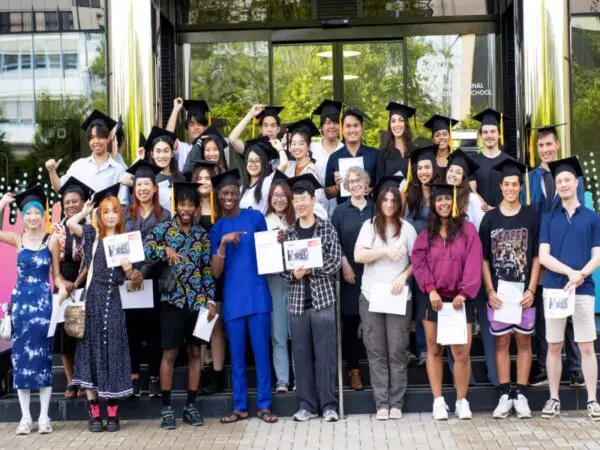
Tallinn, Estonia
The Formation of Global Norms in a Changing World Order
When:
13 July - 24 July 2026
Credits:
6 EC
Read more
Political Science
When:
27 June - 04 July 2024
School:
University of York Summer School
Institution:
CITY College, University of York Europe Campus
City:
Country:
Language:
English
Credits:
0 EC

Organised by CITY College, University of York Europe Campus
Ιn cooperation with:
• The University of York Migration Network (MIGNET)
• The Department of Politics of the University of York
• The Department of Politics of the University of Sheffield
• The Department of Sociological Studies of the University of Sheffield
• The University of Sheffield Migration Research Group
> Description of the programme:
Following what has been dubbed as the ‘migrant crisis’ in Europe (2014-2016), policy makers, NGOs, academics, as well as national and international configurations have largely approached the issue of migration through the prism of an emergency situation, which needed to be ‘handled’. Almost a decade later human rights are beginning to take a more central role in migration debates, be it scholarly or policy related. Europe is still dealing with human rights related issues from push-backs to inadequate integration policies, such as the rights of migrants and refugees to health, education and housing. In these areas, judicial courts and politicians have sometimes found themselves in a tense relationship as lawyers have sought to uphold migrants’ rights. Furthermore, continued migration flows or the potential future arrivals of sanctuary seekers into Europe continue to stem from various geographical locations, such as Sub-Saharan Africa, Ukraine and, as of late, Gaza. The underlying factors of current migration flows vary from conflict and territorial invasion to social unrest, poverty and unequal development.
Building on the previous five annual migration summer schools on migration and crises and migration and solidarity, the 6th summer school on global displacement, human rights and unequal development, focuses on critical humanitarianism and the limitations posed on the migrants’ ability and even ‘right’ in the eyes of the public to express and perform parts of their identity beyond that of refugees or asylum seekers. Framing migration from the purview of human rights challenges this problematic prioritisation of ‘status’ over a more holistic approach of migrants as social entities, allows for social justice, equity and equality to emerge as a great equalizer and aligns with more recent development agendas of national and transnational configurations to firmly embed human rights in their strategies and programmes.
University students
When:
27 June - 04 July 2024
School:
University of York Summer School
Institution:
CITY College, University of York Europe Campus
Language:
English
Credits:
0 EC

Tallinn, Estonia
When:
13 July - 24 July 2026
Credits:
6 EC
Read more

Cologne, Germany
When:
06 July - 31 July 2026
Credits:
6 EC
Read more

Venice, Italy
When:
22 June - 25 June 2026
Credits:
2 EC
Read more